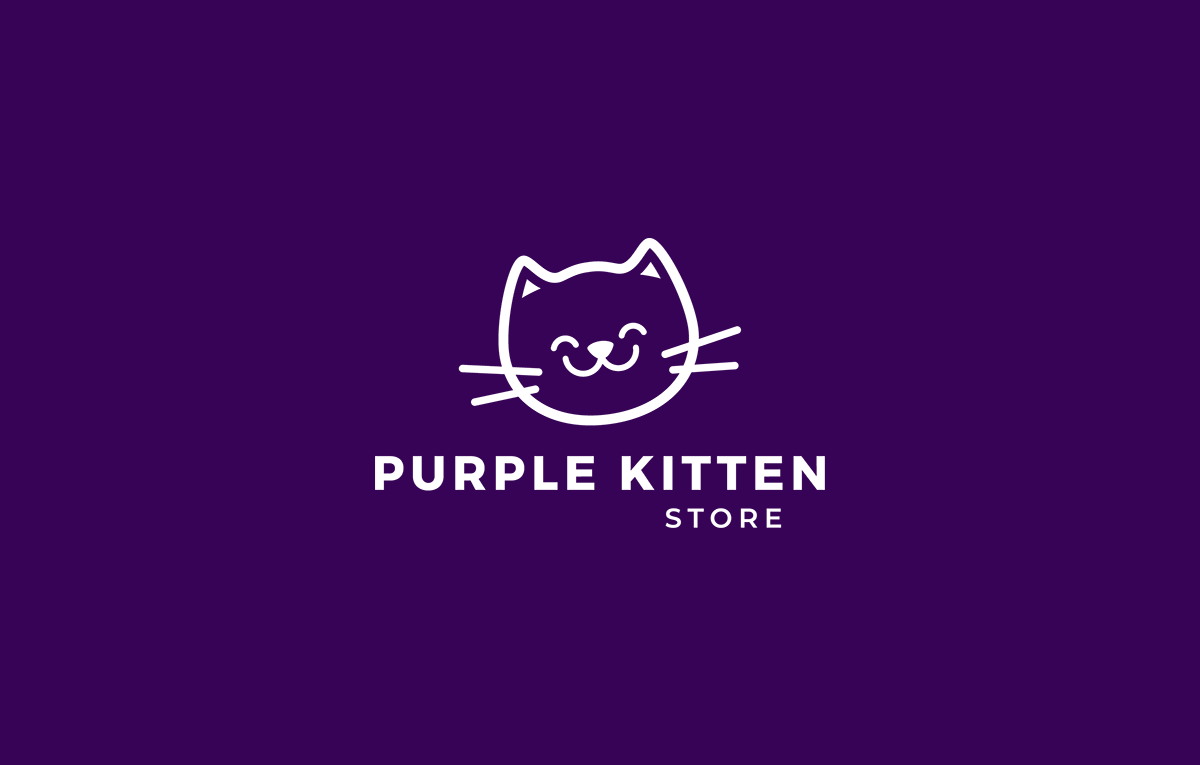As Canadians increasingly seek sustainable clothing options, it’s important to understand the differences between popular fabrics like bamboo, cotton, and polyester. In this blog post, we at Purple Kitten Store look into how these fabrics compare in terms of environmental impact, functionality, and overall sustainability. Let’s start with an overview of each fabric:
Bamboo Fabric
Bamboo is celebrated for its eco-friendly properties. It grows rapidly, requires minimal water, and doesn’t need pesticides or herbicides. The production process of bamboo fabric can be environmentally friendly, especially when using mechanical processing, which retains the bamboo’s natural properties and ensures biodegradability. Moreover, bamboo fabric offers natural UV protection, breathability, and antibacterial qualities, making it an excellent choice for sensitive skin.
Cotton
Cotton is a traditional favorite in the textile industry due to its comfort, breathability, and durability. However, conventional cotton farming is resource-intensive, requiring significant amounts of water and pesticides. While organic cotton presents a more sustainable alternative, it still demands a considerable amount of water. Cotton’s main advantage lies in its widespread availability and established supply chains, but its environmental footprint is a growing concern among eco-conscious consumers.
Polyester
Polyester, a synthetic fabric derived from petroleum, is prevalent due to its durability, resistance to shrinking and stretching, and quick drying capabilities. However, its production is energy-intensive and releases significant pollutants, including greenhouse gases. Furthermore, polyester is non-biodegradable, contributing to microplastic pollution as it wears and washes away. Despite its functional benefits, polyester’s environmental drawbacks are substantial, pushing the industry towards more sustainable synthetic alternatives.
Fabric Comparison
When comparing these three fabrics, bamboo stands out for its low environmental impact during growth and potential for sustainable production processes. Cotton, although natural, often falls behind due to its intensive agricultural requirements, though organic varieties are better. Polyester, while functional, poses serious environmental challenges due to its petrochemical origins and end-of-life issues.
Sustainability in Practice
For Canadians looking to adopt more sustainable practices, bamboo fabric offers a compelling alternative. It aligns well with the growing demand for eco-friendly products that don’t compromise on quality or functionality. Brands that integrate bamboo fabrics into their product lines are not only responding to environmental concerns but are also tapping into a market of informed consumers eager to make responsible choices.
Conclusion
As you can read on our About page, we at Purple Kitten Store are pleased about the growth of sustainable clothing in Canada. Consumers have more options and are making more informed decisions. We’re proud to offer bamboo fabric options here in Kamloops and throughout Canada. Bamboo, with its remarkable characteristics and lower ecological footprint, offers a promising alternative for those committed to environmental stewardship and quality. Meanwhile, as technology evolves, the hope is that all fabric production can shift towards more sustainable methods, reducing the fashion industry’s impact on our planet.
Visit our shop to explore bamboo fabric clothing and blankets for babies and adults.

